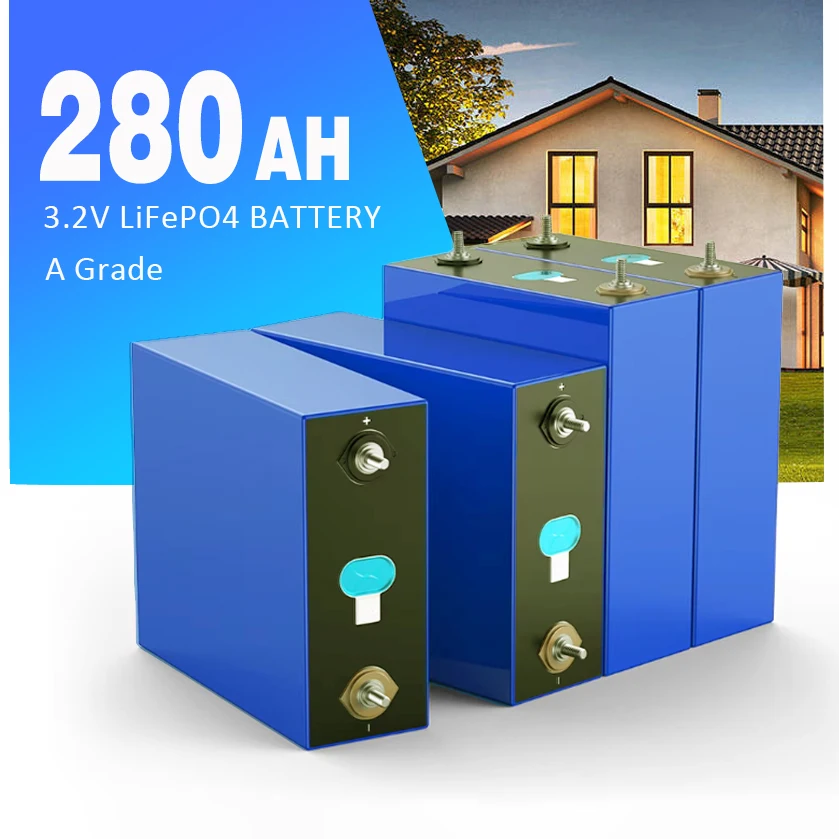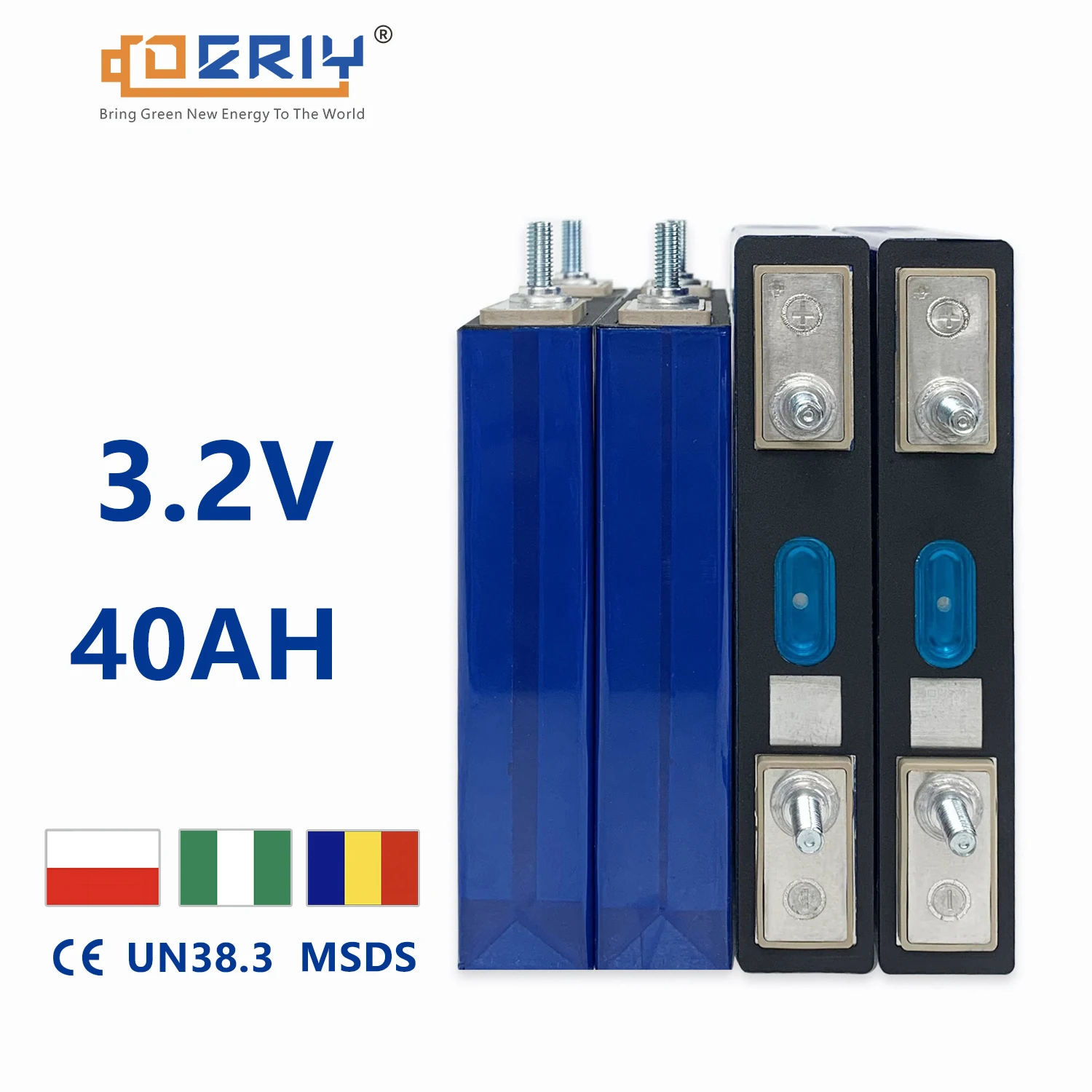
The life expectancy of an LFP battery can differ but is relatively prolonged. If properly maintained, it can last 10 - 15 years. Moreover, it can usually withstand more than 2000 charge - discharge cycles before undergoing significant capacity degeneration. Operating temperature, charging and discharging behavior, and the efficacy of the Battery Management System (BMS) greatly influence this life expectancy. In any case, LFP batteries withstand wear and tear better than most battery chemistries, which makes them a dependable candidate for long-term energy storage systems.
